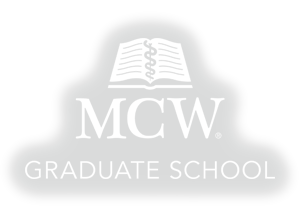18209 Community Health Assessment and Improvement (Fall)
18160 Racial and Ethnic Inequalities in Health (Spring)
18223 Public Health Policy (Fall)
18230 Community Health Program Planning (Spring)
18260 Community Health Program Evaluation (Fall)
18268 Leadership for the Public’s Health (Summer)
18279 Field Placement Preparation (offered every semester)
18280 Field Placement (offered every semester)
18297 Capstone Project (offered every semester)
Please refer to the Academic Bulletin for full course descriptions


